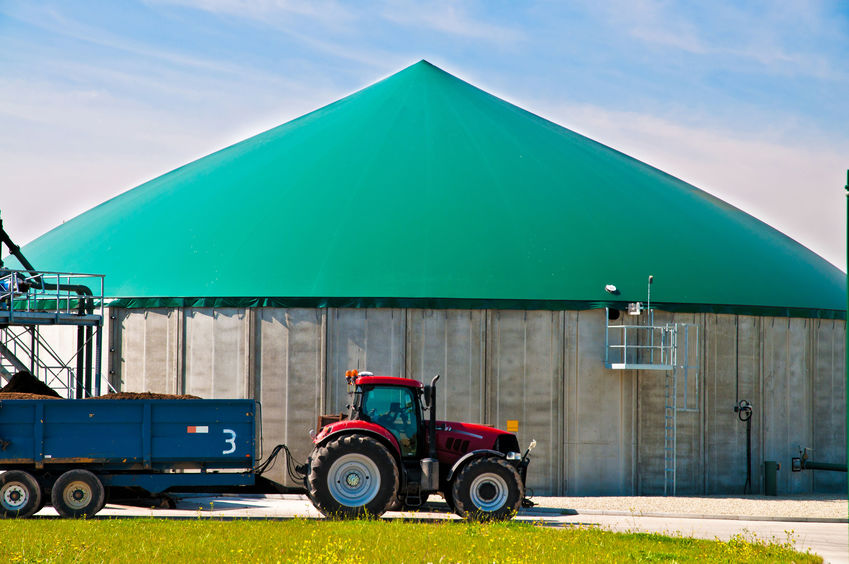
Any future business rates reform must not push farm businesses over the edge, rural financial experts urge the government.
It follows the recent publication of the UK Parliament’s report on the consultation on business rates in England and Wales.
Published on 31 October, it comes to a non-committal conclusion calling instead for another consultation so that further thinking can be developed.
It states: “The government should take a deeper and more holistic look at possible alternatives that would keep the benefits that business rates offer, being a secure and reliable source of revenue, whilst addressing the weaknesses.
“It should prepare a consultation in time for the next Spring Statement to identify potential alternatives to business rates with a view to subsequently carrying out a detailed evaluation of viable options.”
But accountancy firm Saffery Champness says any changes to business rates could have 'significant implications' for the rural sector.
Whilst agricultural land and buildings have historically been exempt from business rates, there has been a steady move by many farming enterprises into other areas and revenue streams.
These includes renewables, tourism, farm shops, visitor attractions, and furnished holiday accommodation, for example.
Martyn Dobinson, partner at Saffery Champness, says: “Such moves increase the overall exposure of land-based business to business rates, notwithstanding that such diversification also creates opportunity for increased rural employment.
“It would be counter-productive if the future regime for business rates acted as a disincentive for diversification.
“It would be helpful also to clarify whether any future relief for small business will separate businesses under the same ownership, or whether those businesses under common ownership will be aggregated.”
There are questions still to be answered both on business rates and the suggestion of Land Value Tax as an alternative, which has been flagged up again in this consultation.
And as the agricultural sector faces up to future trading challenges resulting from Brexit, and the transition away from BPS, many rural businesses are already under increased pressure.
“It would be a travesty for a new business rates structure, whether it includes agricultural land and buildings or not, to push them over the edge,” Mr Dobinson says.
